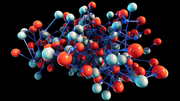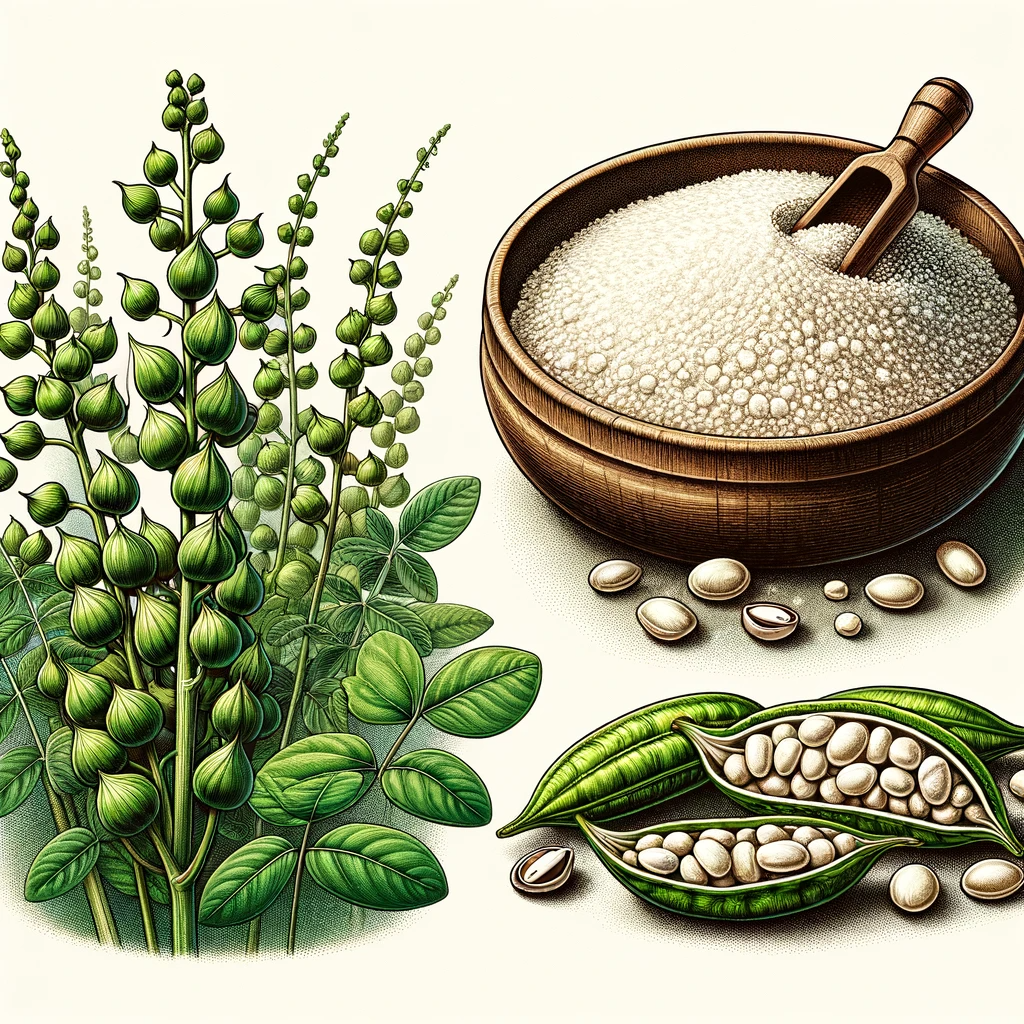Navigating the Protein Landscape: A Comprehensive Guide to Whey and Casein Proteins

Protein is a fundamental macronutrient that powers our bodies, fostering muscle growth, tissue repair, and energy production (1). Among protein sources, milk-derived whey and casein proteins are often favored for their high-quality amino acid profiles and digestibility (2).
Exploring the Protein Types
1. Whey Concentrate: Whey concentrate undergoes minimal processing, resulting in a product that typically consists of 70-80% protein, with the remainder being carbohydrates, fats, and lactose (3). Its significant lactose content may not be suitable for lactose-intolerant individuals.
2. Whey Isolate: Processed further than concentrate, whey isolate has most fats and lactose removed, boosting the protein content to over 90% (4). This reduction in carbohydrates, fats, and lactose makes whey isolate favorable for those seeking lean muscle growth, those on low-carb or low-fat diets, or those with lactose intolerance.
3. Hydrolyzed Whey: Hydrolyzed whey protein is enzymatically broken down into smaller peptides, facilitating faster absorption (5). However, this intensive process can result in a product with a bitter taste that some consumers might find unappealing. It also comes at a steeper price. The faster absorption rate is extremely trivial and will not have much, if any, impact for health and protein synthesis.
4. Whey Blends: Whey blends typically combine whey concentrate, isolate, and sometimes, hydrolyzed whey. These blends aim to provide a balance between cost and nutritional value. They offer a broad range of benefits but may not cater to specific dietary needs as effectively as the other types.
5. Casein Protein: Casein, the other major milk protein, is digested and absorbed more slowly than whey, providing a sustained release of amino acids (6). Casein can help with texture in powders, but may leave some feeling bloated and full due to the slower absorption rate.
Why Choose Whey Isolate?
Choosing the right type of protein depends largely on individual dietary needs, fitness goals, and personal preferences. Whey isolate emerges as an excellent choice for several reasons:
1. High-Quality Protein: The processing of whey isolate yields a high-quality, easily digestible protein source. It boasts an excellent amino acid profile, especially rich in leucine, an essential amino acid known for triggering muscle protein synthesis (7).
2. Lower in Fat and Carbohydrates: Compared to whey concentrate and casein, whey isolate is lower in fats and carbohydrates. This makes it an ideal choice for individuals aiming for lean muscle gain or those following low-fat or low-carb diets.
3. Lactose-Free: The additional processing that whey isolate undergoes removes almost all lactose, making it a suitable option for those with lactose intolerance, unlike whey concentrate or casein.
4. Faster Absorption: While casein provides a slow release of amino acids, whey isolate is rapidly absorbed into the body, which can be beneficial post-workout when the body needs immediate protein replenishment.
In conclusion, while each protein type has its unique advantages, whey isolate stands out for its high-quality, low-fat, low-carb, lactose-free protein that supports lean muscle growth and is rapidly absorbed.
-
"Protein | The Nutrition Source | Harvard T.H. Chan School of Public Health." 29 May. 2019, https://www.hsph.harvard.edu/nutritionsource/what-should-you-eat/protein/.
-
"Milk Proteins: From Expression to Food | ScienceDirect." https://www.sciencedirect.com/book/9780124051713/milk-proteins.
-
"Whey Protein Concentrate - an overview | ScienceDirect Topics." https://www.sciencedirect.com/topics/agricultural-and-biological-sciences/whey-protein-concentrate.
-
"Whey Protein Isolate - an overview | ScienceDirect Topics." https://www.sciencedirect.com/topics/agricultural-and-biological-sciences/whey-protein-isolate.
-
"Hydrolyzed Whey Protein - an overview | ScienceDirect Topics." https://www.sciencedirect.com/topics/agricultural-and-biological-sciences/hydrolyzed-whey-protein.
-
"Casein Protein and its Unique Digestive Properties." https://pubmed.ncbi.nlm.nih.gov/9254110/.
-
"Leucine content of dietary proteins ... - PubMed Central (PMC)." https://www.ncbi.nlm.nih.gov/pmc/articles/PMC4215195/.






